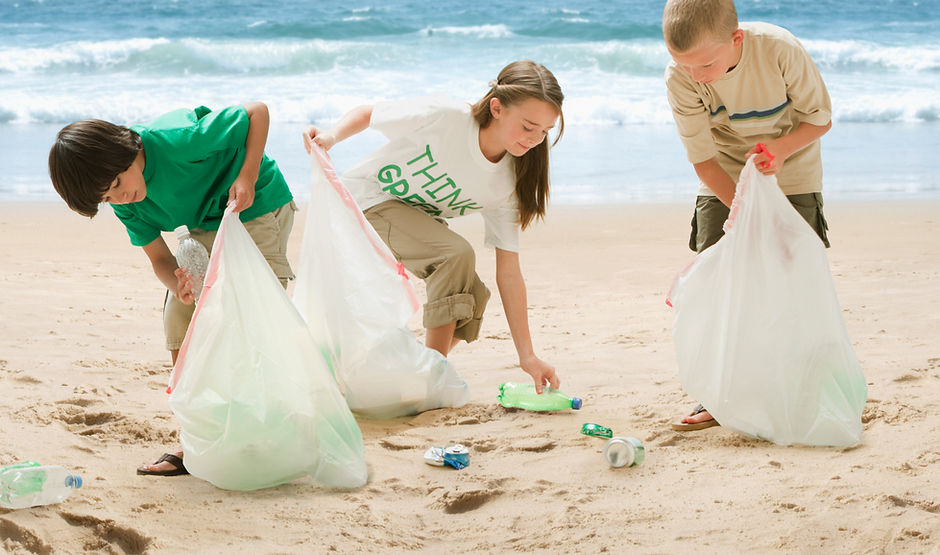
Environmental Education
According to the Environmental Protection Agency, "Environmental education is a process that allows individuals to explore environmental issues, engage in problem solving, and take action to improve the environment. As a result, individuals develop a deeper understanding of environmental issues and have the skills to make informed and responsible decisions."
The different parts of environmental education are:
- Awareness and sensitivity to the environment and environmental challenges
- Knowledge and understanding of the environment and environmental challenges
- Attitudes of concern for the environment and motivation to improve or maintain environmental quality
- Skills to identify and help resolve environmental challenges
- Participation in activities that lead to the resolution of environmental challenges
Environmental Education in Action
EcoCamp
EcoCamp was a weeklong set of summer workshops that aimed to turn participants into young environmental specialists or earth advocates. EcoCAMP is based on STEAM principles and uses environmental science and statistical information to teach its students about environmental problems and solutions. It features experiments and activities, arts and crafts, discussions and public speaking. In fact, EcoCamp incorporates both “Eco” and “camp” elements. “Eco” comes from “Ecology” which the dictionary defines as the “advocacy or the protection of natural resources from pollution or its effects or environmentalism.” CAMP is an acronym for Crafts, Arts, Movies and Public speaking, implying that workshop participants will have fun as they learn to advocate for the earth through various communication methods.
EcoCamp aims to introduce environmental consciousness and conservation practices in the children of the county so change can begin from the bottom up.
“The eyes of all future generations are upon you. And if you choose to fail us, I say – we will never forgive you”